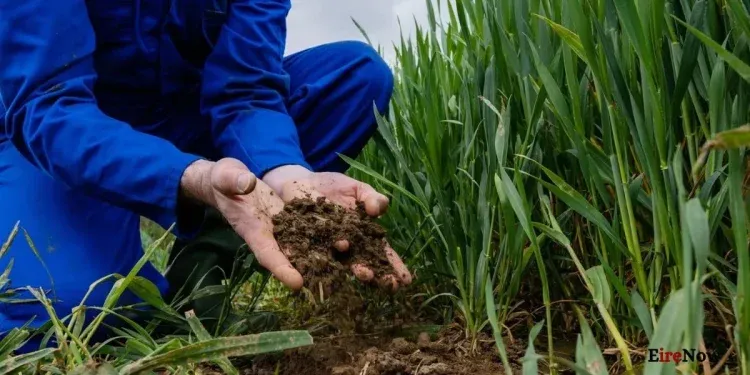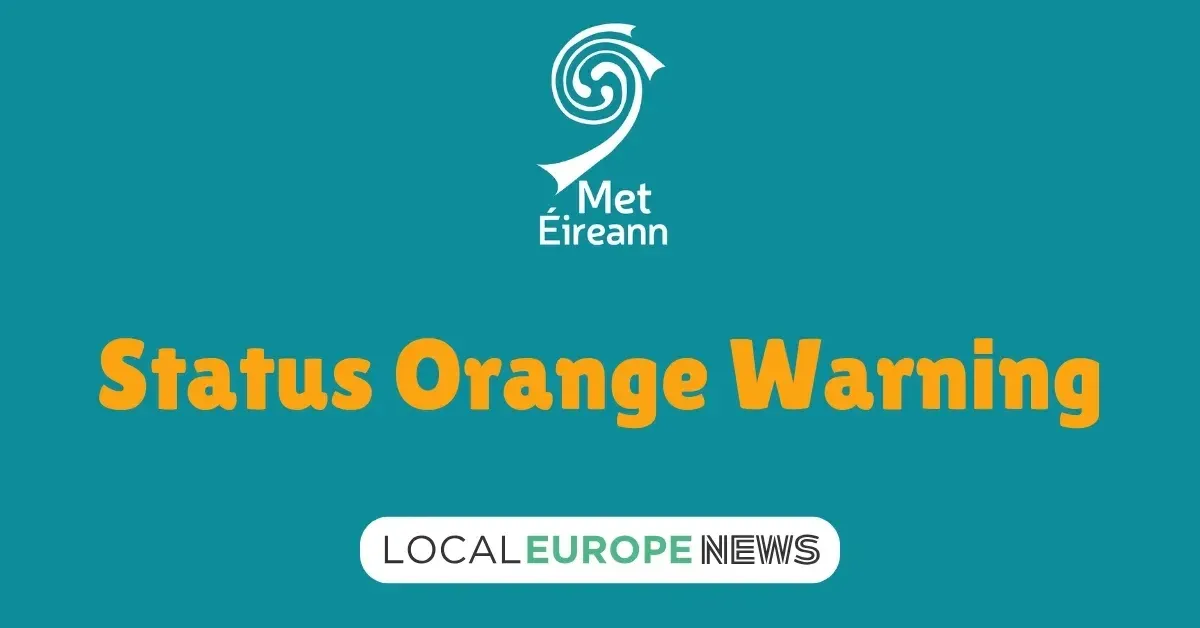DUBLIN – The European Commission has officially recommended extending the nitrates derogation for Ireland, a crucial measure for thousands of Irish farms, according to Ireland’s EU Commissioner Michael McGrath.
The Nitrates Derogation is an exclusive provision granted to Ireland, allowing approximately 7,000 farms to exceed the standard EU limit on fertilizer usage (including slurry) and livestock numbers. This allowance is conditional on Ireland demonstrating continuous improvement in water quality, as mandated by the EU’s Nitrates Directive, which aims to protect water from agricultural pollution.
Speaking on RTÉ’s Morning Ireland, Commissioner McGrath acknowledged the vital importance of the issue for Irish agriculture, stating there has been “extensive engagement and co-operation between the Irish authorities and the European Commission.”
Next Steps in the Approval Process
McGrath clarified that the Commission’s proposal is a significant step but not the final decision. The process now moves to the next stages:
- Nitrates Committee Approval: The proposed text must be approved by the Nitrates Committee, which comprises representatives from all EU member states. This consideration is expected to take place in the second week of December.
- Formal Adoption: If approved by the committee, the decision will then be formally adopted by the European Commission, a step Mr. McGrath hopes will be finalized before Christmas.
Government Commitment to Water Quality
Mr. McGrath emphasized that the extension acknowledges the extensive efforts made by the Irish Government, including the work of current Agriculture Minister Martin Hayden and his predecessor, Charlie McConalogue.
“Fundamentally this is about the substance of protecting water quality in Ireland,” Mr. McGrath said, noting the Government’s commitment to a detailed “programme of investment and a programme of reform.”
He added that a successful adoption would provide “certainty to farmers, to give certainty to agri-producers in Ireland” while ensuring the country meets its “environmental obligations and the obligations we have to clean water.”







